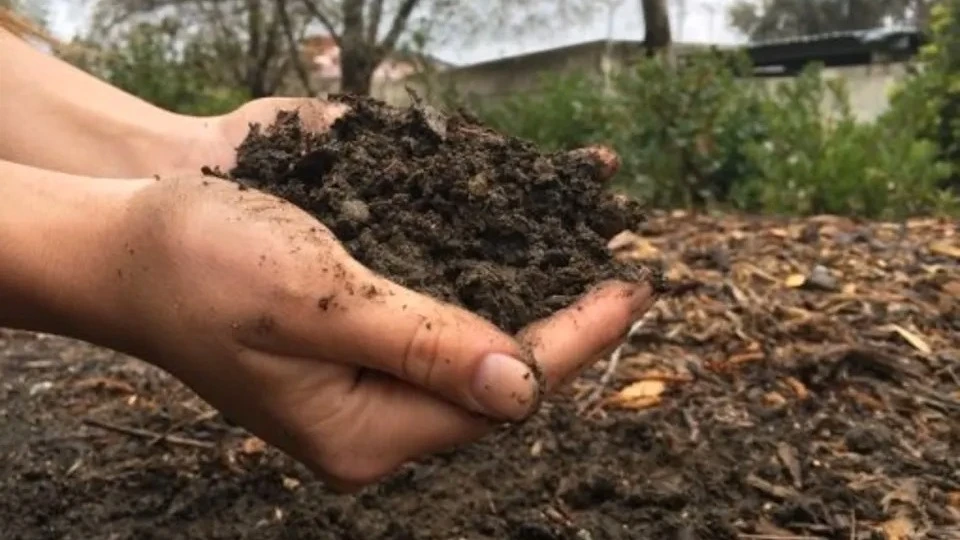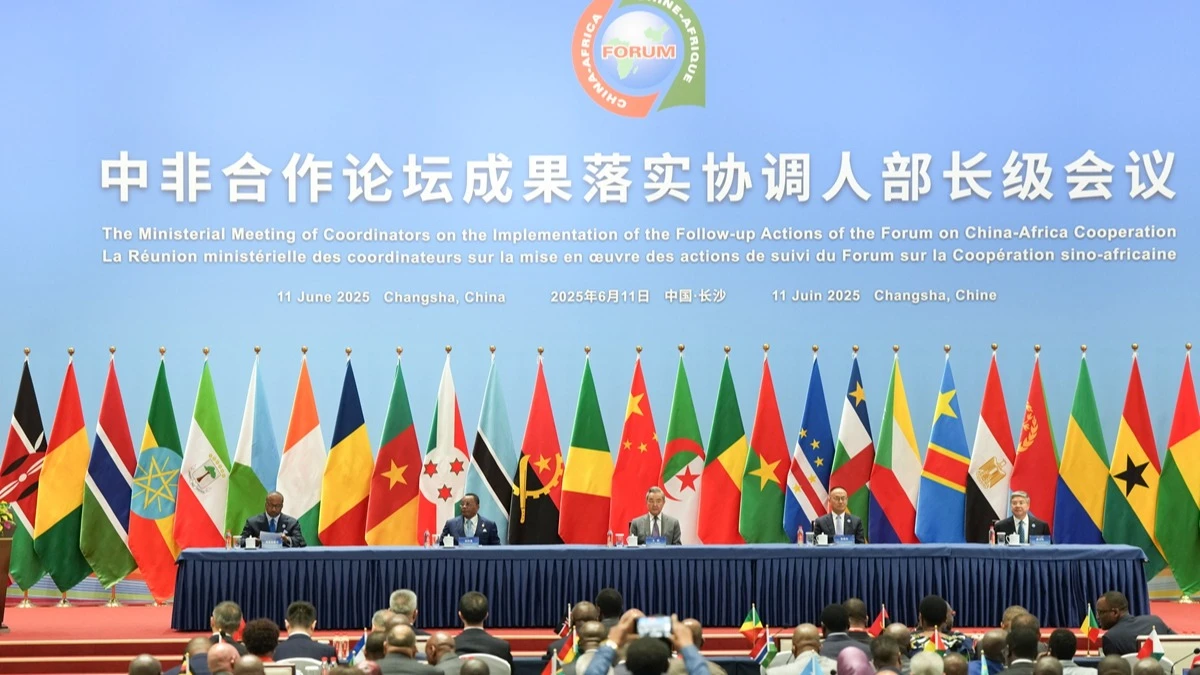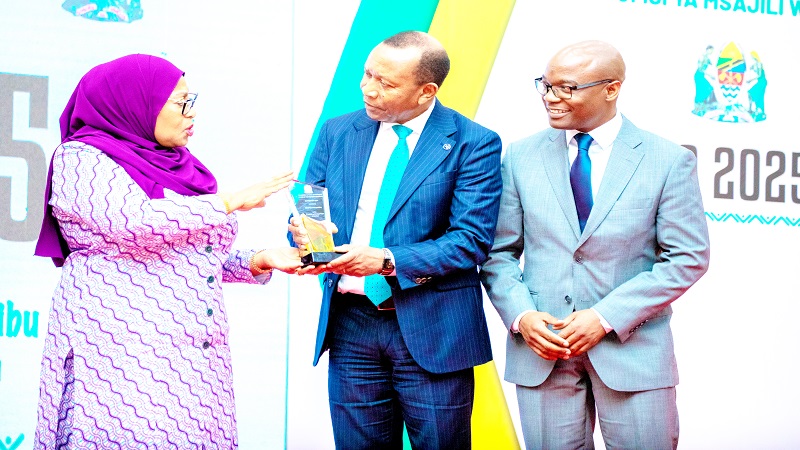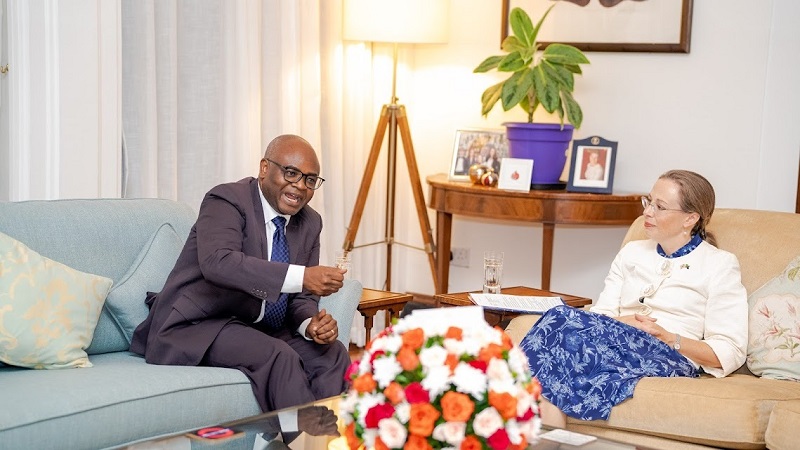Fertiliser: Govt buying 200,000 tonnes from local manufacturers

THE government has unveiled plans to purchase 200,000 tonnes of fertiliser from local manufacturers for distribution to regions with low fertiliser usage.Hussein Bashe, the Agriculture minister, said at a press briefing here yesterday that the initiative is part of broader efforts to strengthen the country’s self-sufficiency in agricultural inputs and stimulate rural economy.
Available data shows that in 2024, Tanzania saw a significant increase in fertilizer usage, reaching 800,000 tons, a 122 percent increase from 2022. This growth is attributed to government efforts to boost agricultural productivity and reduce reliance on imports, while the government is also focusing on increasing local fertilizer production to eventually eliminate import dependence.
The 200,000 tonnes purchase is seen as a move aimed at enhancing agricultural productivity and supporting local industrial investment, with the minister affirming the government will distribute the tonnage to areas where farmers still use low quantities of inputs. This will not only boost yields but also ensure local factories remain viable, he said.
The plan was unveiled ahead of the scheduled launch of the Intracom Fertiliser manufacturing facility at Nala, on the outskirts of the capital. The plant, which has already begun operations, is expected to be inaugurated on June 28, in the presence of top national leaders.
The government does not intend to impose restrictions on fertiliser exports, as growing demand from neighbouring countries presents a valuable opportunity for cross-border trade and investor returns, he said.
“Kenya has already started importing from us, and Malawi has expressed interest. We won’t block these transactions. This is a commercial venture, and we must ensure investors are able to recover their capital and service their loans,” he stated.
Increased domestic fertiliser production enhances national food security while enabling the surplus to be sold outside, thereby strengthening Tanzania’s position in the regional agricultural input market, he said.
The Intracom plant manufactures Fomi brand of fertiliser using a mix of organic and mineral-based raw materials, including manure, agricultural lime and phosphate. “These eco-friendly formulations are designed to improve soil health and support sustainable farming,” he explained.
With an annual production capacity of 1.0m tonnes, the plant is now the largest in the East African Community zone and the second-largest in Tanzania, trailing the Minjingu fertiliser plant, he said. The new factory represents a significant industrial investment, worth over $180m, principally loaned from local financial institutions. The project has created more than 1,800 direct jobs and over 5,000 indirect jobs, with projections suggesting that more than 15,000 individuals would benefit economically through various value chain activities, he said.
Top leaders from Burundi and other neighbouring countries are expected at the inauguration, along with top agro-sector administrators from SADC and EAC zone states.
Nduwimana Nazaire, the Intracom Fertiliser Ltd chief executive officer, called on farmers to embrace the use of domestically produced fertilisers, emphasising their role in building a resilient national economy and supporting job creation.
The plant has registered 14 different fertiliser formulations tailored for various crop types, while producing a specialised lime product to treat acidic soils common in several Tanzanian regions. “This is the time to support local solutions that enhance productivity while promoting national growth,” he added.
Top Headlines
© 2025 IPPMEDIA.COM. ALL RIGHTS RESERVED






















